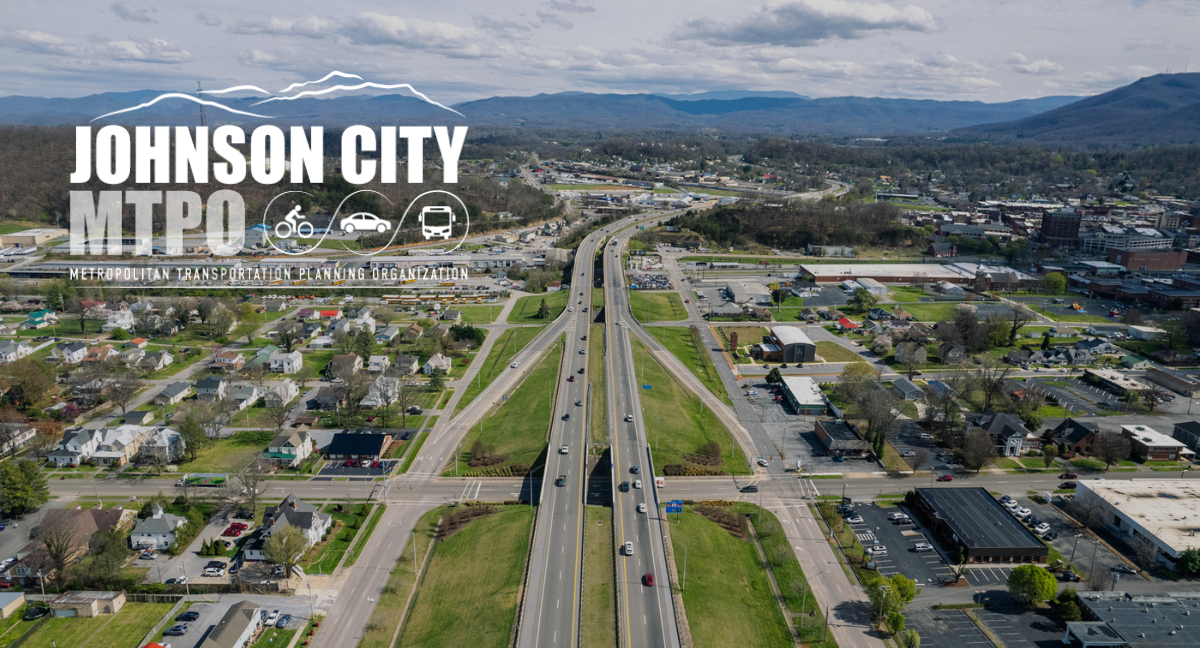Daruma Tech Tapped By Florida Atlantic University To Build Trip-planning App To Ease Student Commutes

BOCA RATON, FLORIDA—South Florida college students will soon enjoy shorter and less-stressful commutes to campus while helping researchers better understand the link between accessible transportation and college success, thanks to U-Ride, a multi-modal mobile trip-planning app to be built by Boca Raton software developer Daruma Tech for Florida Atlantic University. U-Ride will calculate optimal routes incorporating real-time information from three South Florida public transportation agencies—South Florida Regional Transit Authority (SFTRA), Palm Tran, and Broward County Transit—along with information from rideshare providers and walking and biking routes. Data collected from the app will be used to help FAU researchers study public transportation usage and its impacts on college students.
U-Ride is being developed as part of a research grant awarded to FAU by the Kresge Foundation, which had identified transportation challenges as a major impediment to retention in commuter college students and was seeking to support projects offering meaningful solutions. The FAU project—a collaboration with the three transit agencies as well as with Broward Community College and Palm Beach State College—seeks to determine if better access to information about public transportation options leads to better academic performance and accrual of credits, explained principal investigator John Renne, an associate professor in FAU’s School of Urban and Regional Planning. To determine this, data collected from the app with be examined along with information about the app users’ school attendance and academic progress.
Transportation in sprawling, congested South Florida presents a very real impediment to college attendance, Renne said. This is especially true for the working-class commuting students who comprise the majority of the populations of the three schools in the study. “These are students who are living with their parents. They’re trying to get their degree, they’re generally working, and they’re having to pay a lot of money for access to transportation,” he said. He added that these challenges are compounded by the students’ lack of awareness about better transportation alternatives. “I chose to live in West Palm Beach, because I knew I could bike to the Tri Rail station and take Tri Rail down to campus,” he explained. “Even though I live a lot further away from campus than let’s say, somebody who lives maybe five or six miles from campus, I’m spending 30 minutes on the train. And that gives me time to actually read and answer emails. Meanwhile, people living on the west side of town sometimes take 45 minutes or an hour just to fight traffic to get to campus. And they’re behind the wheel the whole time and can’t use that time productively.”
Renne said he hopes the app will not only provide insight on students’ transportation needs and preferences while making commuting easier, but help students develop a more strategic mindset about their transportation options. “If you’re sitting at home and you download the U-ride app, then the idea is that it will give you your options. So if you are moving next year, you might actually pick an apartment closer to a bus line or a bike path or a train station that can actually allow you to live without having a car,” he explained.
When exploring potential developers to build the app, Renne initially focused on two established developers of mobility as a service apps. “And then one of our transit partners, Tri Rail, said ‘you might want to check with this company, Daruma Tech, based here in Boca Raton. They’ve been developing our apps for us.’ And so at the 11th hour, we reached out to them.”
He added that he was pleasantly surprised to discover an experienced developer of high-end apps just across campus from him, in FAU Research Park. “We said, ‘listen, you know we’d love to work with a local firm here in Palm Beach County, but we really need to create an app that’s going to compete with one of these national players.’ And, you know, I’ve been very impressed with their work.”
The app will initially be released only to students participating in the FAU study, but Renne envisions it evolving into an even bigger resource. “We want to scale this nationally, so it’s not just for Florida, we make this a national app. It can provide feedback to transportation providers, like transit agencies and even private transportation providers that operate shuttles and bike share systems and electric scooters,” he said.
For more information, contact Rick Griswold: 561-990-1625.
BOCA RATON, FLORIDA—South Florida college students will soon enjoy shorter and less-stressful commutes to campus while helping researchers better understand the link between accessible transportation and college success, thanks to U-Ride, a multi-modal mobile trip-planning app to be built by Boca Raton software developer Daruma Tech for Florida Atlantic University. U-Ride will calculate optimal routes incorporating real-time information from three South Florida public transportation agencies—South Florida Regional Transit Authority (SFTRA), Palm Tran, and Broward County Transit—along with information from rideshare providers and walking and biking routes. Data collected from the app will be used to help FAU researchers study public transportation usage and its impacts on college students.
U-Ride is being developed as part of a research grant awarded to FAU by the Kresge Foundation, which had identified transportation challenges as a major impediment to retention in commuter college students and was seeking to support projects offering meaningful solutions. The FAU project—a collaboration with the three transit agencies as well as with Broward Community College and Palm Beach State College—seeks to determine if better access to information about public transportation options leads to better academic performance and accrual of credits, explained principal investigator John Renne, an associate professor in FAU’s School of Urban and Regional Planning. To determine this, data collected from the app with be examined along with information about the app users’ school attendance and academic progress.
Transportation in sprawling, congested South Florida presents a very real impediment to college attendance, Renne said. This is especially true for the working-class commuting students who comprise the majority of the populations of the three schools in the study. “These are students who are living with their parents. They’re trying to get their degree, they’re generally working, and they’re having to pay a lot of money for access to transportation,” he said. He added that these challenges are compounded by the students’ lack of awareness about better transportation alternatives. “I chose to live in West Palm Beach, because I knew I could bike to the Tri Rail station and take Tri Rail down to campus,” he explained. “Even though I live a lot further away from campus than let’s say, somebody who lives maybe five or six miles from campus, I’m spending 30 minutes on the train. And that gives me time to actually read and answer emails. Meanwhile, people living on the west side of town sometimes take 45 minutes or an hour just to fight traffic to get to campus. And they’re behind the wheel the whole time and can’t use that time productively.”
Renne said he hopes the app will not only provide insight on students’ transportation needs and preferences while making commuting easier, but help students develop a more strategic mindset about their transportation options. “If you’re sitting at home and you download the U-ride app, then the idea is that it will give you your options. So if you are moving next year, you might actually pick an apartment closer to a bus line or a bike path or a train station that can actually allow you to live without having a car,” he explained.
When exploring potential developers to build the app, Renne initially focused on two established developers of mobility as a service apps. “And then one of our transit partners, Tri Rail, said ‘you might want to check with this company, Daruma Tech, based here in Boca Raton. They’ve been developing our apps for us.’ And so at the 11th hour, we reached out to them.”
He added that he was pleasantly surprised to discover an experienced developer of high-end apps just across campus from him, in FAU Research Park. “We said, ‘listen, you know we’d love to work with a local firm here in Palm Beach County, but we really need to create an app that’s going to compete with one of these national players.’ And, you know, I’ve been very impressed with their work.”
The app will initially be released only to students participating in the FAU study, but Renne envisions it evolving into an even bigger resource. “We want to scale this nationally, so it’s not just for Florida, we make this a national app. It can provide feedback to transportation providers, like transit agencies and even private transportation providers that operate shuttles and bike share systems and electric scooters,” he said.
For more information, contact Rick Griswold: 561-990-1625.
Share this article
Follow us
Our Newsletter
Keep up with everything Daruma Tech. Subscribe to find out what we are working on next!
"*" indicates required fields






